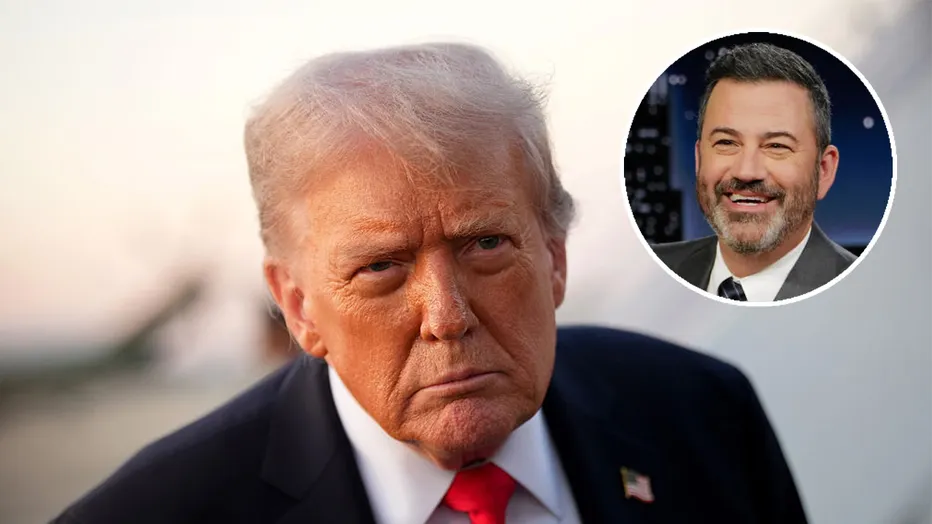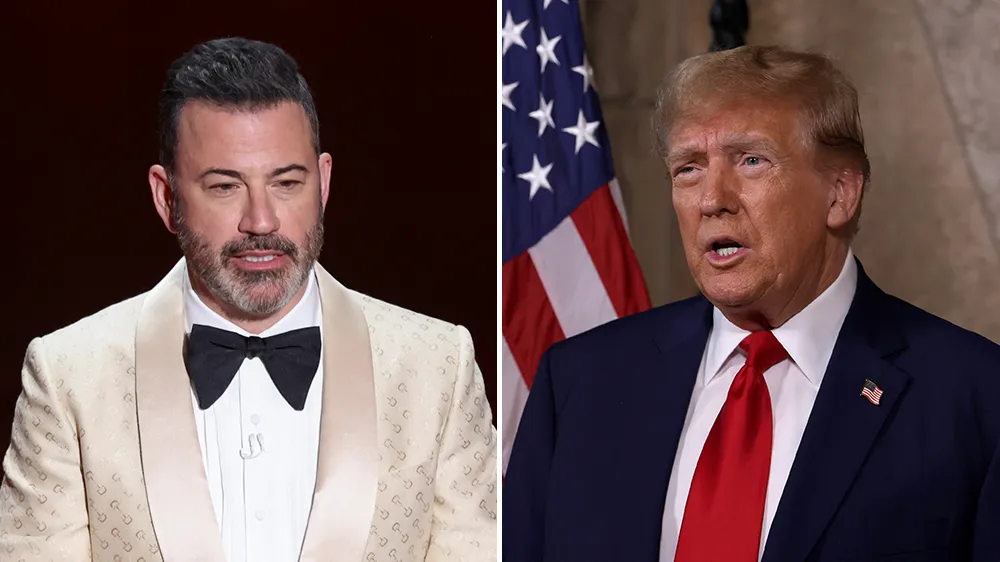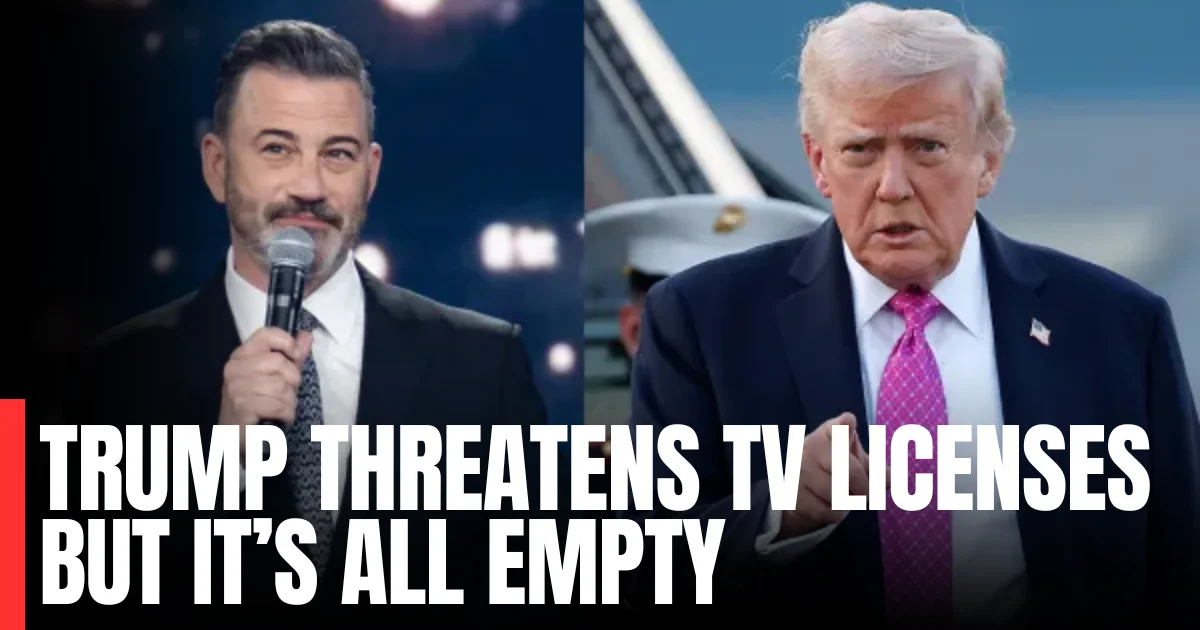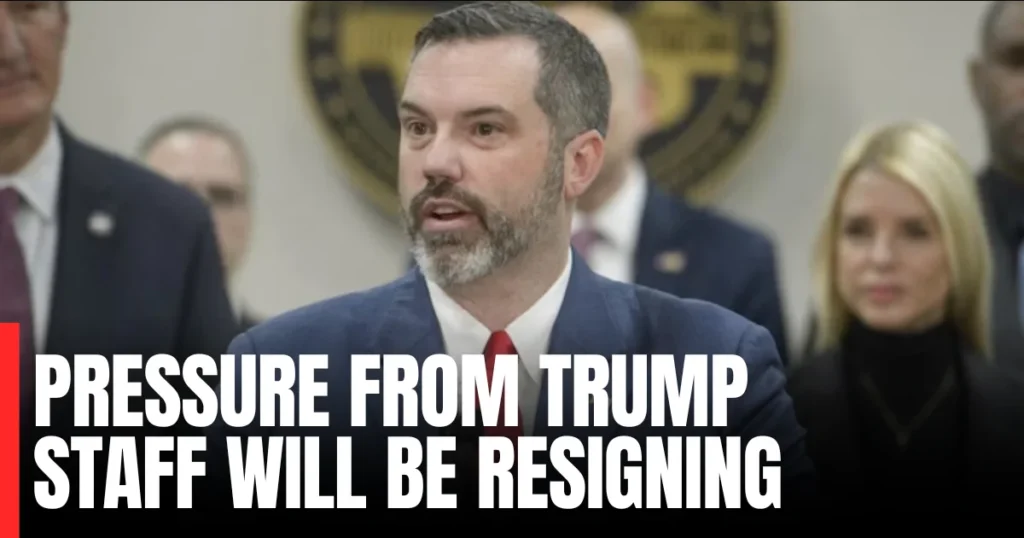Trump and FCC Chair Carr’s threats to TV station licenses create fear but lack legal weight. Learn why media companies face pressure yet remain protected.
Table of Contents
Why Trump and His FCC Chairman’s Threats Against TV Station Licenses Are ‘Aggressive Yet Hollow’
Introduction
President Trump has repeatedly threatened the licenses of local TV stations, raising alarms across the media landscape. However, experts say these threats are largely symbolic. The FCC has not denied a license renewal in decades, and any attempt to revoke a station’s license would trigger long, complex legal battles.
Despite this, the threats themselves can pressure media companies into self-censorship, creating a climate of caution that some call “aggressive yet hollow.”
The Reality Behind FCC License Threats

The FCC, traditionally an independent federal agency, oversees broadcaster licensing. While it technically has the power to approve or reject licenses, revoking an existing license is nearly impossible:
- Legal challenges could last years.
- Congress protects licensees through the Communications Act.
- The last license revocation of a major broadcaster occurred decades ago and involved criminal wrongdoing, not programming content.
FCC Democratic Commissioner Anna M. Gomez emphasized that the point of threats is to influence media behavior, not to enforce legal action.
The Kimmel Controversy Highlights Pressure Tactics

The dispute over “Jimmy Kimmel Live!” illustrates how these threats affect media companies:
- Disney temporarily suspended the show following FCC Chair Brendan Carr’s comments.
- Ex-Disney CEO Michael Eisner called the FCC’s threat “aggressive yet hollow,” questioning corporate leadership in defending the First Amendment.
- Late-night content and entertainment programming have become targets of political influence attempts, despite legal protections for broadcasters.
Transactional Leverage Over Media Companies
While the FCC cannot easily revoke licenses, it does influence companies during mergers, acquisitions, and license transfers:
- Paramount faced pressure during its Skydance Media merger and ultimately settled a legal dispute with Trump before FCC approval.
- Nexstar and Sinclair publicly condemned Kimmel, likely aware of FCC oversight over pending mergers.
- This demonstrates how Trump-era FCC actions use indirect leverage to shape corporate behavior.
Political Reactions and Public Concerns
Public interest groups and Democratic lawmakers have raised concerns:
- Senator Edward Markey called the FCC the “Federal Censorship Commission.”
- Critics argue that using license threats to control media content undermines freedom of speech and sets a dangerous precedent.
- Even some conservative voices, including Senator Ted Cruz, warn that government interference in media content could backfire.
Despite these critiques, FCC Chair Brendan Carr continues to align with Trump’s approach, signaling a more confrontational regulatory style.
The Legal and Practical Limits
Lawyers note that:
- Revoking a license based on program content is extremely difficult.
- Large broadcasters have broad protections under the Communications Act.
- Any attempt to expand FCC power through law would require congressional action and is politically contentious.
Thus, while media companies may feel pressure, the actual risk of losing a license remains very low.
FAQs About FCC License Threats
Q1: Can the FCC revoke a TV station license based on content?
No. Legal protections under the Communications Act make revoking a license for programming content extremely difficult.
Q2: Have any major broadcasters lost their licenses recently?
No. The last revocations occurred decades ago and involved criminal misconduct, not programming decisions.
Q3: How do Trump and FCC Chair Carr influence media companies?
They can apply indirect pressure, particularly when companies seek merger or acquisition approvals, prompting self-censorship.
Q4: Why did Disney suspend “Jimmy Kimmel Live!”?
FCC statements and political pressure created corporate uncertainty, leading Disney to temporarily halt the show.
Q5: Are there political concerns with these FCC threats?
Yes. Critics argue using licensing threats to influence content risks undermining the First Amendment and free speech protections.
Conclusion
Trump and FCC Chair Brendan Carr’s repeated threats to TV station licenses may appear alarming, but experts describe them as aggressive yet hollow. While the administration can pressure media companies indirectly, broadcasters remain protected by decades-old laws and legal safeguards.
👉 How do you view government influence over media content? Share your thoughts in the comments below.

